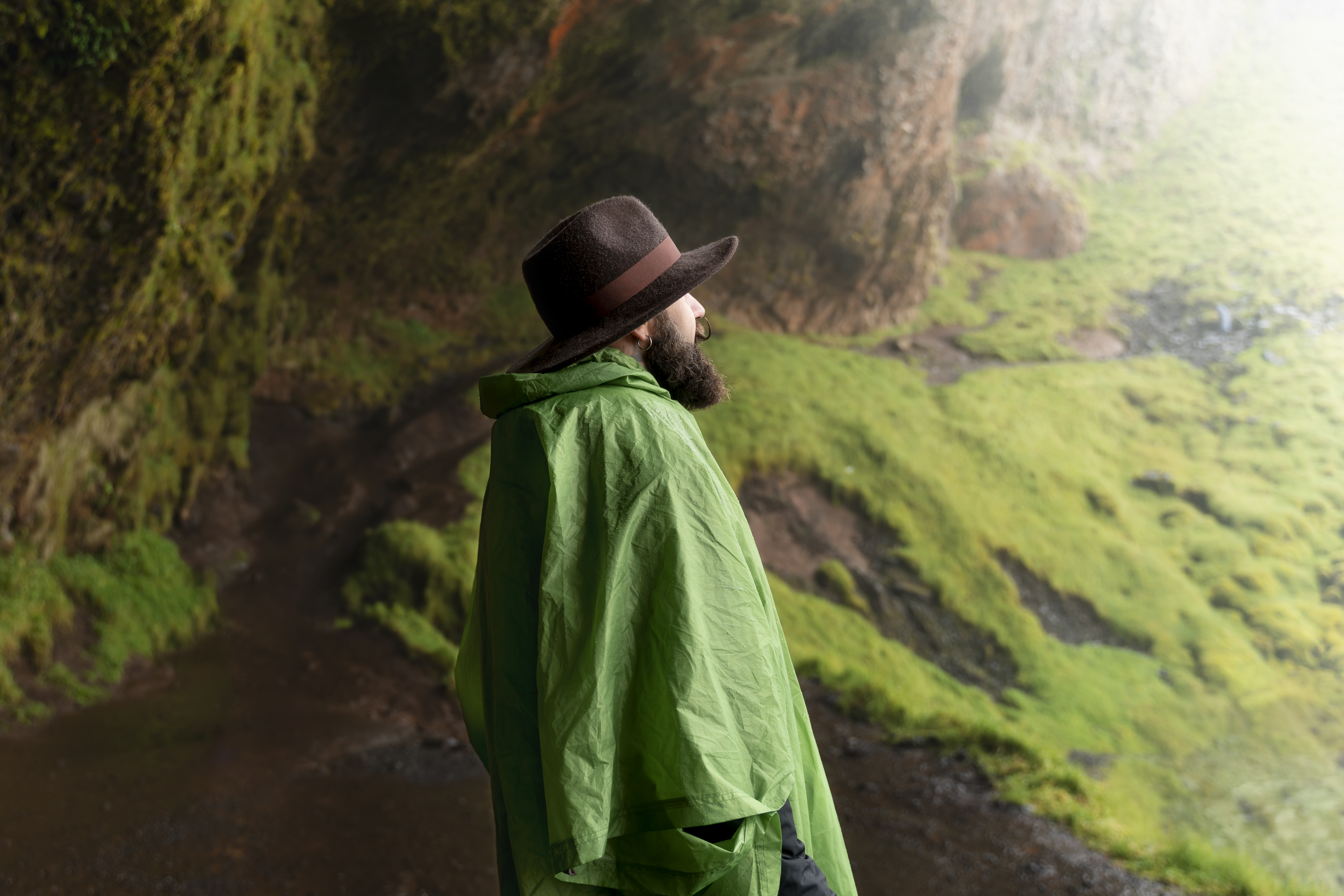THE COMPLETE GUIDE TO ROME EXPLORATION ON FOOT

Rome, the Eternal City, is a treasure trove of history, culture, and architectural wonders. While many visitors opt for guided tours and hop-on-hop-off buses, one of the most rewarding ways to experience Rome is on foot. Walking allows you to immerse yourself in the city’s charm, explore hidden gems, and soak in its rich heritage at your own pace.

Let’s get on a journey through Rome’s most iconic neighborhoods and attractions, all accessible on foot.
Rome: A City Made for Walking
Rome’s compact city center and well-preserved ancient streets make it an ideal destination for pedestrians. With its grand piazzas, winding cobblestone alleys, and historic landmarks around every corner, you’ll find yourself enchanted by the city’s beauty at every step.
Must-See Landmarks
1. The Colosseum: Begin your exploration at this iconic amphitheater. Witness the grandeur of ancient Rome and imagine gladiatorial battles in this historic arena.
2. Roman Forum: Adjacent to the Colosseum, the Roman Forum is an archaeological treasure trove showcasing the heart of ancient Rome’s political and social life.
3. Palatine Hill: Walk up the Palatine Hill for panoramic views of the Roman Forum and the city. It’s a serene escape from the bustling streets.
4. Capitoline Hill: Explore the Capitoline Museums and Michelangelo’s Piazza del Campidoglio while taking in breathtaking views of Rome.
5. Trevi Fountain: Follow your nose to the scent of fresh water, and you’ll find the exquisite Trevi Fountain, a Baroque masterpiece.
6. Pantheon: This architectural marvel, with its iconic dome, is a must-visit. It’s free to enter and a great place to cool off on a hot day.
7. Piazza Navona: Enjoy the lively atmosphere of this beautiful square with its stunning fountains, street performers, and al fresco dining.
8. Spanish Steps: Ascend the Spanish Steps for a glimpse of Rome’s high-end fashion district and a beautiful view of the city.
9. Vatican City: Explore St. Peter’s Square, St. Peter’s Basilica, and the Vatican Museums. The line for St. Peter’s Basilica is usually shorter in the afternoon.
Off the Beaten Path
While Rome’s famous landmarks are a must-see, the city’s lesser-known gems are equally captivating:
1. Trastevere: Cross the Tiber River to explore this charming, bohemian neighborhood with winding alleys and lively nightlife.
2. Aventine Hill: Discover the keyhole view of St. Peter’s Basilica from the Aventine Keyhole, a hidden gem.
3. Villa Borghese: Stroll through this beautiful park and visit the Galleria Borghese for a dose of art and tranquility.
Practical Tips
- Wear comfortable walking shoes, as you’ll cover significant distances.
- Carry a water bottle to stay hydrated.
- Rome’s historic streets are uneven; consider using a sturdy daypack.
- Many churches have a dress code, so be prepared to cover your shoulders and knees.
CONCLUSION
Rome’s rich history and cultural heritage make it a city worth exploring on foot. With its blend of iconic landmarks and hidden treasures, you’ll experience the city’s past and present in a way that’s truly immersive. So, lace up your walking shoes, grab a map, and embark on an unforgettable journey through the streets of the Eternal City. Whether you’re tracing the steps of emperors or savoring the flavors of local cuisine, visiting Rome on foot is an experience you’ll cherish forever.
Additional Reading – TOP 10 WEEKEND GETAWAYS TO TAKE IN EUROPE
FAQs
1. Why explore Rome on foot?
- Exploring Rome on foot offers an intimate connection with the city’s rich history and culture. You can discover hidden treasures, embrace the local ambiance, and savor the details often missed when using other modes of transportation.
2. What should I wear for walking in Rome?
- Choose comfortable shoes with good support to navigate Rome’s uneven cobblestone streets. Dress in layers and opt for breathable fabrics, considering the city’s varying weather conditions.
3. How should I plan my sightseeing in Rome?
- Rome is vast, so prioritize the landmarks you wish to visit and plan your itinerary accordingly. This ensures you allocate enough time for each site, maximizing your experience.
4. What are the must-visit attractions in Rome?
- Key attractions include the Colosseum, Roman Forum, Palatine Hill, Pantheon, Piazza Navona, Vatican City, Sistine Chapel, Roman Forum, and more.
5. How can I make the most of my visit to Vatican City?
- To maximize your Vatican City experience, consider booking tickets in advance, explore the Vatican Museums, admire Michelangelo’s Sistine Chapel frescoes, and visit St. Peter’s Basilica and Square.
6. What’s the best way to take a break while exploring Rome on foot?
- Plan regular rest stops to rejuvenate and recharge. Enjoy a snack or relax in one of Rome’s parks or piazzas to maintain your enthusiasm and energy.
7. Are audio guides recommended for self-guided tours in Rome?
- Yes, audio guides can enhance your understanding of Rome’s history and landmarks. They offer convenience, affordability, and valuable insights into the sites you’ll encounter.






